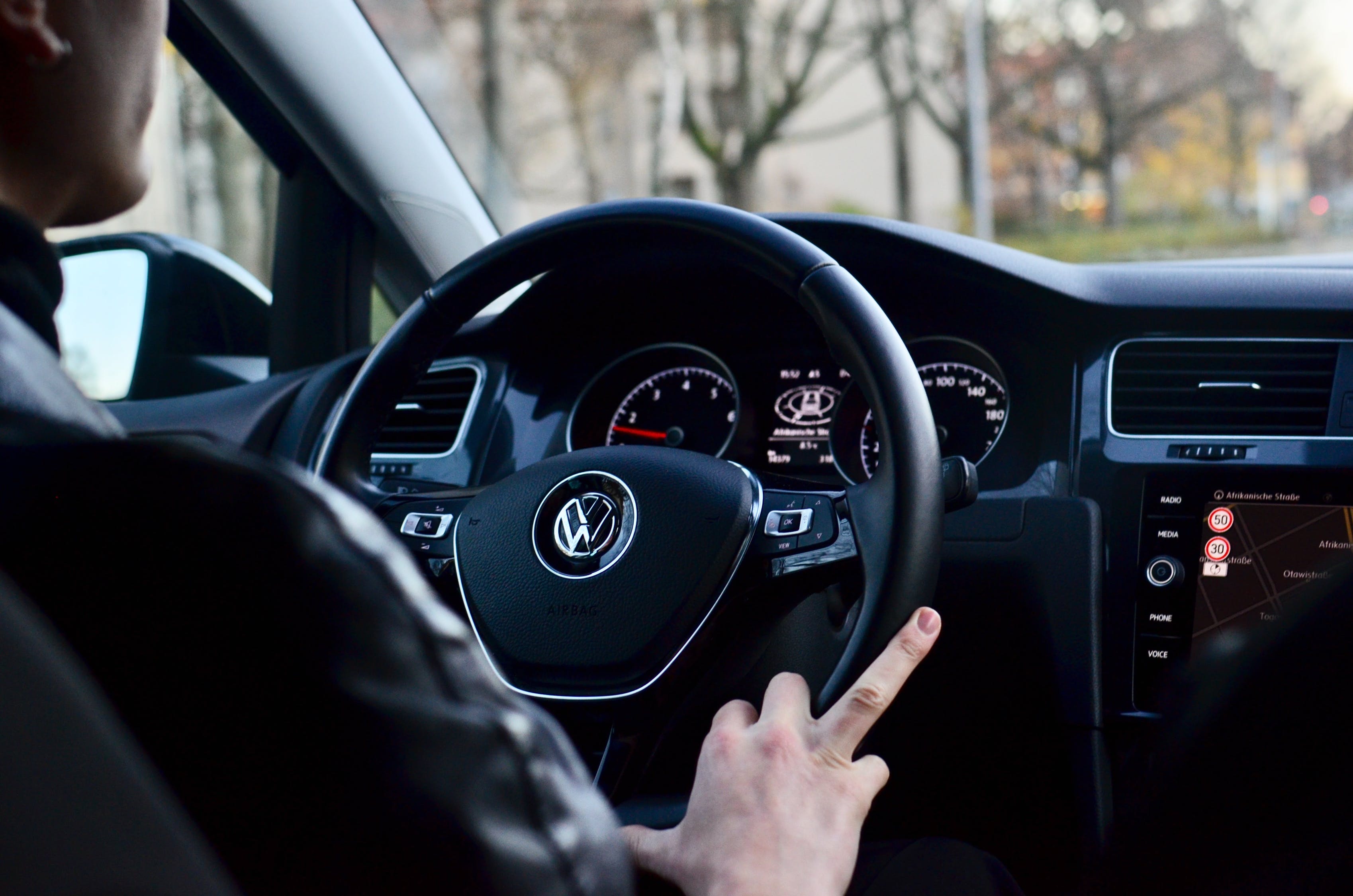What Is The Difference Between a Car Broker And Dealer?
It's important to know a car dealer & a broker’s dissimilarities when buying a car. These terms are frequently utilized interchangeably as they refer to distinct entities with different roles in buying a car. However, we'll delve into the dissimilarities between car brokers & car dealers. We’ll shed light on their limitations, functions, & benefits. By gaining a clear understanding of these two players, you can make informed decisions & secure the best deal when buying a vehicle.

May 25, 2023
Car Dealers: The Traditional Facilitators
Car dealerships have been around for decades, acting as the primary link between car manufacturers and consumers. These established entities operate as authorized sellers, showcasing a range of vehicles from various manufacturers. Car dealers purchase vehicles from manufacturers at wholesale prices, and their showrooms serve as physical points of sale for customers.
One of the key advantages of buying from a car dealer is the ability to view & test-drive the vehicles before making a decision. Dealerships have numerous cars - both new & used. They allow customers to explore various features, makes, & models. Also, car dealerships frequently offer financing options. This allows buyers to secure loans directly through the dealership.
Car dealerships provide after-sales services like repairs & maintenance. This could be convenient for customers. Nonetheless, it's important to note that car dealerships might have limited flexibility with regard to pricing. They operate within set profit margins & are subject to numerous overhead costs.
Car Brokers: The Middlemen
A car broker serves as an intermediary between car buyers & dealerships. Rather than selling vehicles directly - brokers assist clients in finding & purchasing their desired cars at the best possible price. Car brokers have extensive knowledge of the automotive market & maintain relationships with numerous dealerships.
The primary advantage of utilizing a car broker is their ability to negotiate on behalf of the buyer. Brokers leverage their industry connections to secure favorable deals. They frequently obtain lower prices than customers would be able to negotiate on their own. They can also assist with identifying and locating specific vehicles that may be challenging to find independently.
Another benefit of working with a car broker is the time and effort saved. Brokers handle all the legwork, from researching available options to contacting dealers and arranging test drives. This process is helpful for busy individuals who don't have the time for car shopping.
It's essential to remember that car brokers charge service fees. This fee could be incorporated into the final price of the vehicle. While this additional cost may deter some buyers, the potential savings and convenience provided by a broker can outweigh the fee in certain circumstances.
Understanding the Nuances
The primary difference between a car broker and a car dealer lies in their roles and responsibilities. A car dealer is an authorized seller that directly sells vehicles to customers. They have physical showrooms, offer financing options, and provide after-sales services. On the other hand, a car broker acts as a middleman, assisting buyers in finding and purchasing cars at the best possible price. Brokers leverage their industry knowledge and negotiation skills to secure favorable deals, saving customers time and potentially money.
Key Factors To Consider When Selecting A Car Broker Or Car Dealer
Selecting a car dealer or a broker is an important decision when it comes to buying a new or used vehicle. These professionals act as intermediaries. They help people navigate the complex world of car buying. They also ensure customers get the best deal possible. Nonetheless, choosing the right car dealer or broker requires consideration of various key factors. Here are several important aspects to remember when making a selection.
- First, reputation is paramount. Look for car brokers or dealers with a solid track record and positive reviews from past customers. Check online platforms, review websites, and ask for recommendations from friends or family members who have recently bought a car. A good reputation indicates trustworthiness, reliability, and excellent customer service.
- Experience and expertise are also critical factors. Opt for professionals who have been in the industry for numerous years. An experienced car dealer or broker will have extensive knowledge of various negotiation techniques, car models, & pricing trends. They can guide people through the entire process, helping them make informed decisions & avoid potential pitfalls.
- Transparency is essential when dealing with car brokers or dealers. They should provide clear and detailed information about pricing, fees, and any additional services they offer. Avoid individuals or organizations that are vague or hesitant to provide complete information. A transparent broker or dealer ensures you have a comprehensive understanding of the transaction and prevents surprises down the road.
- Another factor to consider is the range of services offered. A reputable car broker or dealer should offer more than just vehicle sales. Look for professionals who provide services like vehicle sourcing, financing assistance, warranty options, and after-sales support. These additional services can save you time, effort, and money while enhancing your overall car-buying experience.
- Communication skills are crucial for effective collaboration. A good car broker or dealer should be an active listener, understanding your needs, preferences, and budget. They should be responsive to customers’ inquiries, maintain clear communication, & provide timely updates throughout the process. Strong communication ensures that customers are always on the same page & builds a trustworthy relationship.
- Lastly, consider the fees and pricing structure. Car dealers or brokers typically charge a service fee. It's important to understand how they calculate their fees & ensure they align with industry standards. Beware of unusually low fees that may indicate hidden costs or subpar services. Request a breakdown of all costs involved before committing to any agreement.
Choosing the Right Option
Deciding whether to work with a car dealer or broker depends on numerous factors. This includes a person’s budget, priorities, & preferences. A car dealership might be the right choice for people if they value the ability to physically view & test-drive cars. Nonetheless, a car broker could be the ideal solution if buyers are short on time & want expert negotiation assistance.
Wrapping Up
The difference between a car broker and a car dealer lies in their roles and functions within the car-buying process. Car dealerships, like Car Guy NY, act as authorized sellers, offering a range of vehicles and providing after-sales services. Car brokers serve as intermediaries. They help buyers in finding & purchasing cars at the best possible price. However, understanding the distinctions between these two entities help buyers make an informed decision & ensure a satisfactory car-buying experience.



